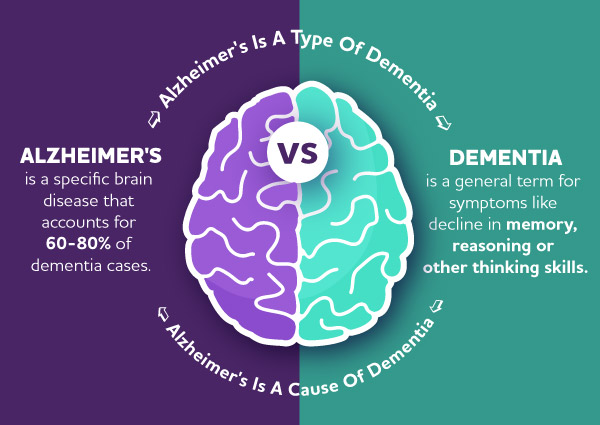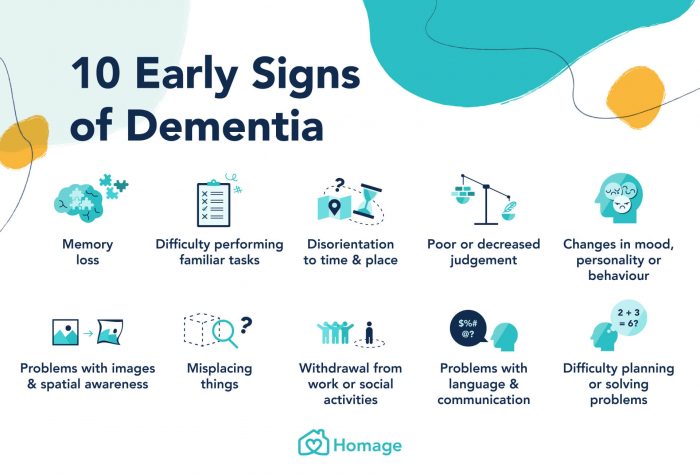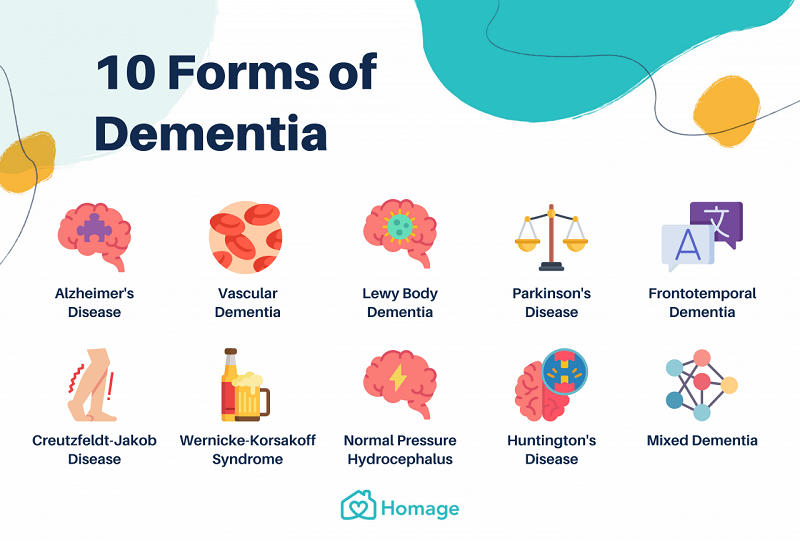Dementia, Symptoms and Preventions. | Tun Abdullah Ahmad Badawi is a Malaysia ex-prime minister and but he is quite a silent fo a couple years, unlike the other ex-prime minister. Health Minister Khairy Jamaluddin, for the first time, shared that his father-in-law, Tun Abdullah Ahmad Badawi, suffers from dementia, and does not remember his family members anymore.
“He doesn’t remember my name or even my wife’s name. The only reason I know that he recognises me is that there is a flicker in his eyes when I come to visit him,” said Khairy of the former prime minister who is his father-in-law.Khairy shared that the family decided to be open about it to shine a light on dementia and cognitive impairment.
“Dementia is a very, very cruel condition because the body is there but the mind isn’t.”
What is Dementia?
 |
| pic credit : google |
According to WHO, Dementia is a syndrome in which there is deterioration in cognitive function beyond what might be expected from the usual consequences of biological ageing.
Although dementia mainly affects older people, it is not an inevitable consequence of ageing. Currently more than 55 million people live with dementia worldwide, and there are nearly 10 million new cases every year.
Dementia results from a variety of diseases and injuries that primarily or secondarily affect the brain. Alzheimer's disease is the most common form of dementia and may contribute to 60-70% of cases.
Dementia is currently the seventh leading cause of death among all diseases and one of the major causes of disability and dependency among older people globally. Dementia has physical, psychological, social and economic impacts, not only for people living with dementia, but also for their carers, families and society at large.
Signs and symptoms
 |
| pic credit : Homage Malaysia |
Early stage: the early stage of dementia is often overlooked because the onset is gradual. Common symptoms may include:
- forgetfulness
- losing track of the time
- becoming lost in familiar places
 |
| pic credit : Homage Malaysia |
Middle stage: as dementia progresses to the middle stage, the signs and symptoms become clearer and may include:
- becoming forgetful of recent events and people's names
- becoming confused while at home
- having increasing difficulty with communication
- needing help with personal care
- experiencing behaviour changes, including wandering and repeated questioning
Late stage: the late stage of dementia is one of near total dependence and inactivity. Memory disturbances are serious and the physical signs and symptoms become more obvious and may include:
- becoming unaware of the time and place
- having difficulty recognizing relatives and friends
- having an increasing need for assisted self-care
- having difficulty walking
- experiencing behaviour changes that may escalate and include aggression
Common forms of dementia
 |
| Pic credit to : Homage |
Dementia may also develop after a stroke or in the context of certain infections such as HIV, harmful use of alcohol, repetitive physical injuries to the brain (known as chronic traumatic encephalopathy) or nutritional deficiencies. The boundaries between different forms of dementia are indistinct and mixed forms often co-exist.
There is currently no treatment available to cure dementia. Anti-dementia medicines and disease-modifying therapies developed to date have limited efficacy and are primarily labeled for Alzheimer’s disease, though numerous new treatments are being investigated in various stages of clinical trials.
Additionally, much can be offered to support and improve the lives of people with dementia and their carers and families.
Treatment and care
 |
| pic credit : Homage Malaysia |
Additionally, much can be offered to support and improve the lives of people with dementia and their carers and families.
The principal goals for dementia care are:
- early diagnosis in order to promote early and optimal management
- optimizing physical health, cognition, activity and well-being
- identifying and treating accompanying physical illness
- understanding and managing behaviour changes
- providing information and long-term support to carers.
Risk factors and prevention
Although age is the strongest known risk factor for dementia, it is not an inevitable consequence of biological ageing. Further, dementia does not exclusively affect older people – young onset dementia (defined as the onset of symptoms before the age of 65 years) accounts for up to 9% of cases.
Studies show that people can reduce their risk of cognitive decline and dementia by being physically active, not smoking, avoiding harmful use of alcohol, controlling their weight, eating a healthy diet, and maintaining healthy blood pressure, cholesterol and blood sugar levels. Additional risk factors include depression, social isolation, low educational attainment, cognitive inactivity and air pollution.
Also read : 5 Ways to Reduce Cholesterols Effectively
Disproportionate impact on women.
Globally, dementia has a disproportionate impact on women. Sixty-five percent of total deaths due to dementia are women, and disability-adjusted life years (DALYs) due to dementia are roughly 60% higher in women than in men.
Additionally, women provide the majority of informal care for people living with dementia, accounting for 70% of carer hours.
Human rights
Unfortunately, people with dementia are frequently denied the basic rights and freedoms available to others. In many countries, physical and chemical restraints are used extensively in care homes for older people and in acute-care settings, even when regulations are in place to uphold the rights of people to freedom and choice.
An appropriate and supportive legislative environment based on internationally-accepted human rights standards is required to ensure the highest quality of care for people with dementia and their carers.
Also read : 8 Expert Tips to Prevent Eye Problems on Children
Anyway, may Allah ease everything for Pak Lah and of course his family members. Let's stay healthy and I hope me and family won't have to face this in the future. This diseased can broke many hearts right?

An appropriate and supportive legislative environment based on internationally-accepted human rights standards is required to ensure the highest quality of care for people with dementia and their carers.
Also read : 8 Expert Tips to Prevent Eye Problems on Children
Anyway, may Allah ease everything for Pak Lah and of course his family members. Let's stay healthy and I hope me and family won't have to face this in the future. This diseased can broke many hearts right?





Moga Pak Lah dan keluarga semuany dalam lindunganNya. First time dengar tentang Dementia ni
ReplyDelete